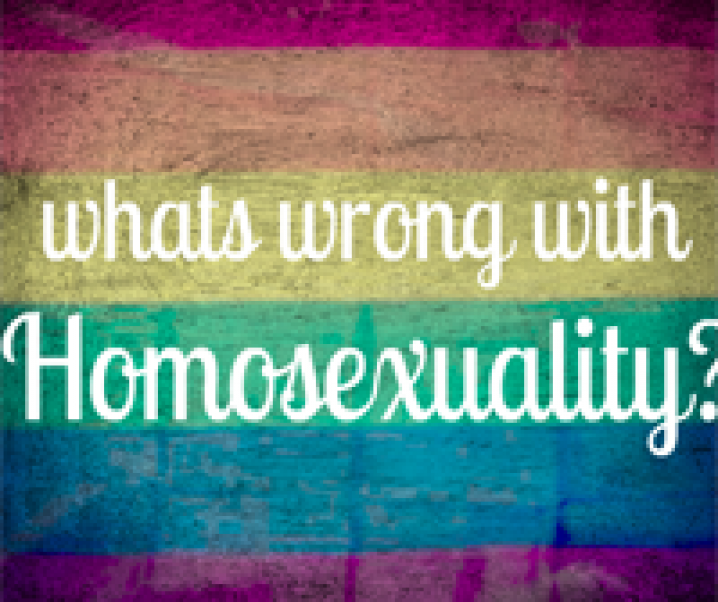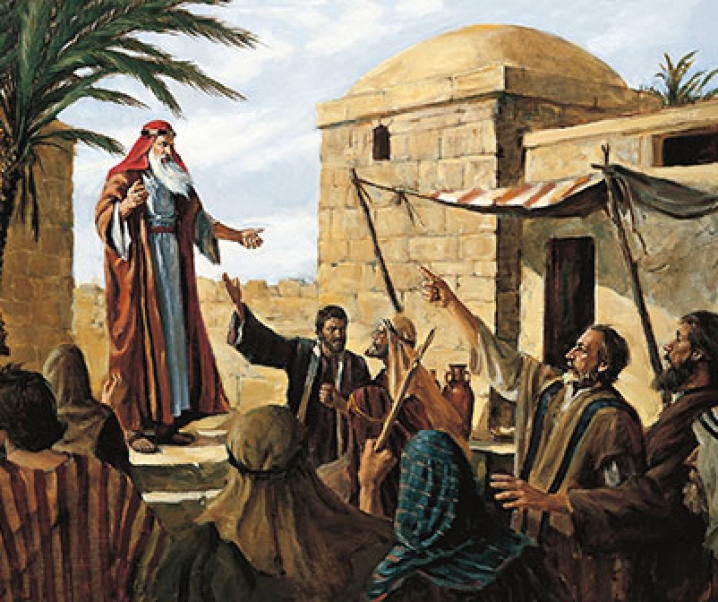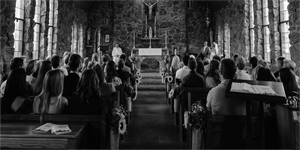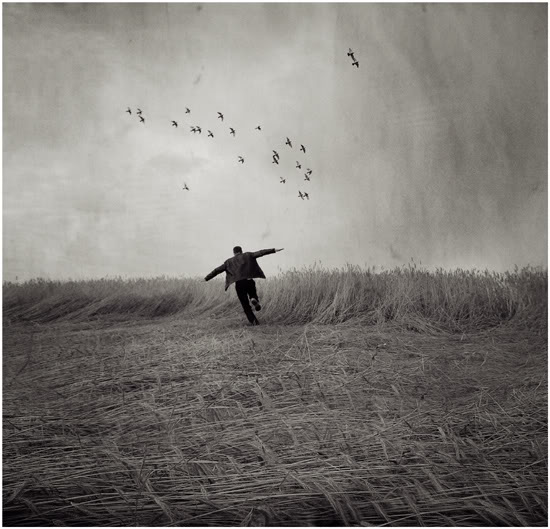I remember when I was a child having this dream that I was falling into some black abyss of nothingness. It’s really strange to have this constant feeling of weightlessness. This, of course, is quite different from those dreams we all have of falling some short distance. We have this incredible sense of panic, which only lasts as long as our short fall. After we have fallen we usually awake to a more tranquil setting – laying in the comfort of our beds. We say things like “man I am glad that was only a dream”.
I remember waking from the dreams of falling into the abyss still in a panic and usually on the floor. Even though both dreams contain the same metaphors, their experience and therefore, their meaning is quite different.
We hear it from Pastor’s, theologians, and philosophers – “humanity is fallen”. In fact, we have wonderful tracts of literature that illustrate this idea in various creative ways
But, are we a “fallen” people or a “falling” people? The word “fallen” has never resonated with me. It does not seem to correspond to how I experience the faith on a daily basis. Theologians argue that due to Adam’s sin, humanity is “fallen”. By this, they mean that all of humanity is born into a depraved nature before they have had a chance to make any decision about right and wrong. We even have fancy words like “total depravity”. I don’t know about you, but “total depravity” doesn’t make me want to be a greater human being.
Let me be clear, I am not making the claim that there is no such thing as total depravity – though that might be true; however, I think we have done Christianity a disservice by making it the primary emphasis of the fall.
Enter Kierkegaard:
I think Kierkegaard understood humanity’s situation. Kierkegaard says, that the fall is about our “lostness” and the possibility of us being “found”. “Lostness”, now that is something I have felt. I think I am safe in saying being lost is something that every human being has experienced. However, I am not sure the same argument can be made for “total depravity”. I think the fall is an event. However, it is an event which is analogous to the ongoing events we experience daily – the ongoing reenactment of this event is my “falling”.
It seems to be the case (and as illustrated in the first dream example), that I experience life’s abyss, as well as the constant anxiety of falling contained therein, is a normal human experience. I think most Christians, especially those who take a strong stance on total depravity, experience “the fall” as illustrated in the second dream, but don’t have a concept of their continual falling state. They have delineated between “sin” (falling) and “depravity” (fallen) when there is no ontological distinction to be made.
I think understanding the fall in this way not only creates a more cogent Christianity but also demonstrates its cultural connectedness with how a person experiences life. This cultural connectedness (formally known as “relevance”), has been and continues to be, a significant problem for Christianity. It is my hope that this provides us some sort of cogency as we engage in our cultural conversation.
.
























Milford Mccullom
December 3, 2023Very great post. I just stumbled upon your weblog and wished to mention that I have really loved surfing around your weblog posts. After all I’ll be subscribing to your feed and I’m hoping you write again soon!
zoritoler imol
December 3, 2023Can I just say what a relief to find someone who really knows what theyre speaking about on the internet. You positively know find out how to carry a problem to mild and make it important. More individuals must read this and perceive this aspect of the story. I cant believe youre not more in style since you definitely have the gift.